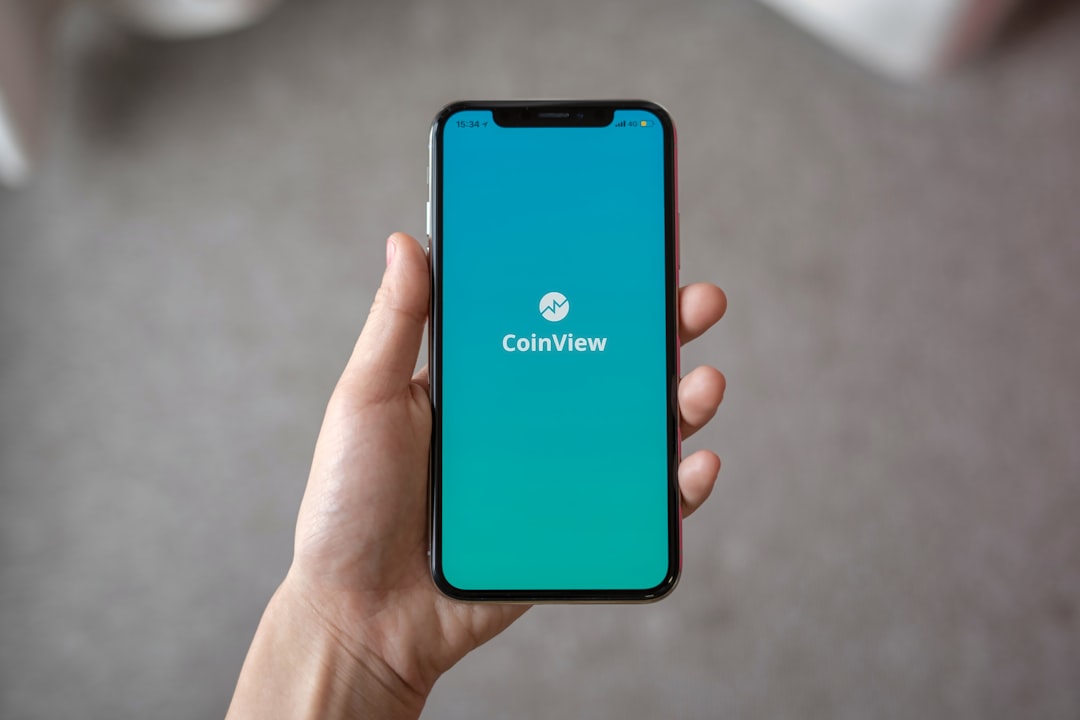Vermont's telemarketing practices are governed by federal and state laws, primarily the Telephone Consumer Protection Act (TCPA) and Do Not Call List regulations. Residents can opt-out of unsolicited calls via the state list, and telemarketers must obtain explicit consent to avoid penalties. Certain entities like charitable organizations, government officials, and businesses with existing relationships are exempt from these rules. Non-profits, political campaigns, and financial services companies often fall under specific exemptions, allowing them to contact Vermonters without prior consent. Consumers should stay informed about these laws to protect their privacy while enabling communication from legitimate exempt organizations. For legal advice on Vermont's do-not-call laws, a specialized law firm is recommended.
Vermont’s telecommunications landscape is regulated by strict do-not-call laws designed to protect residents from unwanted sales calls. This comprehensive guide delves into the intricacies of these regulations, specifically focusing on exemptions. If you’re a Vermonter curious about who’s exempt from the Do Not Call Laws or how to navigate your rights as a consumer, this article is for you. Learn from our expert analysis and stay informed about your protections with a leading Vermont do-not-call law firm.
Understanding Telemarketing Laws in Vermont: A Comprehensive Overview

In Vermont, telemarketing laws are governed by the Telephone Consumer Protection Act (TCPA) and state regulations. Understanding these laws is crucial for both businesses engaging in telemarketing activities and consumers to ensure compliance and protect privacy rights. The TCPA restricts unsolicited phone calls, including robocalls, and requires prior express consent from recipients before making such calls.
Vermont’s Do Not Call List plays a significant role in this framework. Consumers can register their numbers on the state’s list, which then becomes a legal barrier for telemarketers. Any calls initiated by businesses towards listed numbers must obtain explicit permission or face strict penalties. This law is designed to safeguard Vermonters from unwanted and intrusive marketing calls.
Who is Exempt from the Do Not Call Laws in Vermont?

In Vermont, certain organizations and individuals are exempt from complying with the state’s Do Not Call laws. This includes charitable organizations soliciting funds for religious, educational, or charitable purposes, as long as they provide a clear and conspicuous way for residents to opt out of future calls. Additionally, government officials engaging in political campaigns or civic organizations conducting legitimate surveys or research are also exempt.
Business entities with which Vermonters have an existing business relationship, such as financial institutions, insurance companies, or credit card providers, are allowed to make telemarketing calls without prior consent. However, they must adhere to specific guidelines and honor requests to stop calling. Moreover, telemarketers representing law firms seeking potential clients for legal services fall under these exemptions, ensuring fair practices in their communication strategies.
Navigating Exemption Requirements and Consumer Rights

In Vermont, consumers have rights and protections regarding telemarketing calls, thanks to state laws and federal regulations. One important aspect is understanding telemarketing exemptions. These exemptions allow certain types of organizations or calls to bypass the restrictions set by the “Do Not Call” laws, ensuring compliance with regulations while respecting consumer privacy.
Navigating these exemption requirements is crucial for Vermonters. For instance, non-profit organizations, political campaigns, and companies offering financial services often fall under specific exemptions. Consumers should be aware of their rights to opt out or stop certain calls but also recognize the legal basis for businesses making exempted calls. By staying informed, Vermonters can protect themselves while allowing legitimate communication from exempt entities to proceed without hassle.






